Philippine Christian University
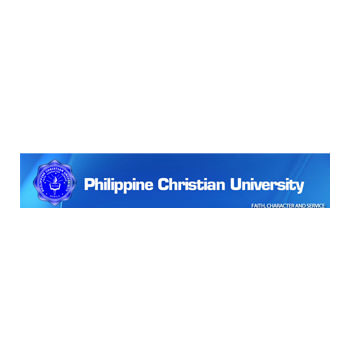
Founded: 1946
Address: 1648 Taft Ave, Malate, Manila - Manila, Philippines
Phone: +63 25 262261
Address: 1648 Taft Ave, Malate, Manila - Manila, Philippines
Phone: +63 25 262261
Here you find out Philippine Christian University complete information about fees, location, degree Philippine Christian University offers, number, website, and much more. Philippine Christian University is a leading university in Manila - Philippines.
You can also find out jobs at Philippine Christian University for students, teachers, and professors. We also update the database for an internship at Philippine Christian University for students.
Our vision is “A distinctively strong Christian University integrating faith, character and service in building up and enhancing the quality of life.”
In PCU-UES, we strongly believe that education is for everybody. That is the very reason why we also cater to children with special needsaiming that such children will become useful citizens in the future. Our SPED class caters to chil...dren who have intellectual disabilities and related cases with ages from 6 to 12 years old.We strive for excellence and it is our goal to produce PCU-UES graduates who are academically competent Christ-like individuals endowed with a strong Christian education that integrates Faith, Character, and Service.
PCU-UES aims to provide our students with a well-balanced academic programs and co-curricular activities to help them become active Christians and academically equipped individual.In our Christian Formation Program we strongly inculcate Christian values in everyday lessons, based on PCU tenets, FAITH, CHARACTER and SERVICE.PCU-UES in its effort to continuously deliver quality service maintains the ACSCU-AAI Accreditation and the ISO management System and to be globally competitive, the High School department in now implementing e-learning program for technological advancement and awareness.
The Kiddie Kollege program encourages the children to do their best at their own pace. Through a wealth of stimulating experiences in Language and Creative Arts, Mathematics, Social Studies, Sciences, computer Education and Music. The children learn, to express themselves in varied meaningful ways. As they work and paly they learn and discover ways of getting along with others.
Opportunities of discovering facts and understanding things are available to them. Situations that facilitate development of realistic and positive self-image are provided in the teaching-learning environment.The daily program includes free guided play followed by group time for conversation, discussion of the lesson, readiness activities, snacks and rest periods. Time for music mime and creative arts is provided. Mathematics, Language and Social Studies are integrated in the varied activities of the day. The program enables les the children to live as happy, expressing individuals, able to express their love to God and others.
In 1945, Bishop Edwin F. Lee of the United Methodist Church (UMC) envisioned a Christian college in Manila. On October 6, 1946, Laymen of the Evangelical Association of the Philippines agreed to the establishment of the college. Their initial Board of Directors Was composed of Atty. Juan Nabong, Sr., Dr. Mateo Occena, Dr. Emilio Javier, D. Mauro Baradi, and Mr. Gerardo Armonio.On January 11, 1947, the Articles of Incorporation was registered with the Securities and Exchange Commission. The original name of the institution was Manila Union University but this was later changed to Philippine Christian College.
Dr. Roxy Lefforge, an American missionary, was the first Executive Dean.Dr. Emilio Javier (1962-1958), an outstanding layman of the United Church of Christ in the Philippines (UCCP) was elected as the first President. Under his leadership the institution expanded the ecumenical efforts in education. The Union High School of Manila and Union Elementary School founded by the Presbyterian Church in 1919 and 1946 respectively became part of PCC in 1947. The college added a degree course in Nursing when the Mary Johnston School of Nursing, founded by the Methodist in 1907, affiliated with PCC in 1953.
Dr. Juan Nabong, Sr. (1958-1969), a Methodist layman, was the second President. Under his Administration, a four-storey concrete building was constructed in 1960 beside the UTS building on Taft Avenue. A year later, a two-storey building for the Elementary school was constructed in Vasquez Street, Malate. The Ellinwood College of Christian Education was merging with the Philippine Christian College in 1968 and its curricular programs integrated with the programs of the College of Education. Dr. Lino Q. Arquiza (1969-1988), a UCCP Educator, was the third President. Under him, the growth and expansion of PCC was steady and impressive. In 1976, PCC acquired its University status and Philippine Christian University. A highlight of the efforts at cooperation came during Dr. Arquiza’s term when the Union Theological Seminary and PCU merge in 1978. with the merger, the Philippine Christian Center for Learning (PCCL) was born.The merger enabled PCU to expand its offerings in the 97-hectare UTS campus, 36 kilometers south of Manila.
With this move, Philippine Christian University and Union Theological Seminary, established an ecumenical relationship that is more expansive and more coordinated. Institutional cooperation extended to non-protestant schools when in 1972, PCU and DLSU joined hands in a resource-sharing program. This move ushered in the formation of five-school Inter-Institutional Consortium (I-IC) in 1975 composed of De La Salle University, St. Scholastica’s College, St. Paul’s College of Manila, Philippine Normal College and Philippine Christian University. The Consortium enjoys the full support of the United Board for Christian Higher Education in Asia.
With the untimely demise of Dr. Arquiza, PCU had a succession of two able and dedicated Officers-in-Charge in the persons of Justice Crisolito Pascual (1988) and Dean Betty I. Molina (1989).In 1990, the Board of Trustees elected Dr. Carlito S. Puno (1990-2000), a prominent Methodist lay leader, as the fourth president of the university. The new president of the university provided a new vision and a creative and dynamic leadership for the university. PCU became an active participant in the globalization of education. Under his leadership the university pursued aggressively a program expansion through the off-campus programs and the oversea institutional linkages.
The year 2000 brought dramatic changes in the university. This was ushered in by the election of the 5th President, Dr. Oscar S. Suarez.Today PCU had grown into an institution responsive to national needs through its expanded and relevant curricular offerings.
You can also find out jobs at Philippine Christian University for students, teachers, and professors. We also update the database for an internship at Philippine Christian University for students.
Our vision is “A distinctively strong Christian University integrating faith, character and service in building up and enhancing the quality of life.”
In PCU-UES, we strongly believe that education is for everybody. That is the very reason why we also cater to children with special needsaiming that such children will become useful citizens in the future. Our SPED class caters to chil...dren who have intellectual disabilities and related cases with ages from 6 to 12 years old.We strive for excellence and it is our goal to produce PCU-UES graduates who are academically competent Christ-like individuals endowed with a strong Christian education that integrates Faith, Character, and Service.
PCU-UES aims to provide our students with a well-balanced academic programs and co-curricular activities to help them become active Christians and academically equipped individual.In our Christian Formation Program we strongly inculcate Christian values in everyday lessons, based on PCU tenets, FAITH, CHARACTER and SERVICE.PCU-UES in its effort to continuously deliver quality service maintains the ACSCU-AAI Accreditation and the ISO management System and to be globally competitive, the High School department in now implementing e-learning program for technological advancement and awareness.
The Kiddie Kollege program encourages the children to do their best at their own pace. Through a wealth of stimulating experiences in Language and Creative Arts, Mathematics, Social Studies, Sciences, computer Education and Music. The children learn, to express themselves in varied meaningful ways. As they work and paly they learn and discover ways of getting along with others.
Opportunities of discovering facts and understanding things are available to them. Situations that facilitate development of realistic and positive self-image are provided in the teaching-learning environment.The daily program includes free guided play followed by group time for conversation, discussion of the lesson, readiness activities, snacks and rest periods. Time for music mime and creative arts is provided. Mathematics, Language and Social Studies are integrated in the varied activities of the day. The program enables les the children to live as happy, expressing individuals, able to express their love to God and others.
In 1945, Bishop Edwin F. Lee of the United Methodist Church (UMC) envisioned a Christian college in Manila. On October 6, 1946, Laymen of the Evangelical Association of the Philippines agreed to the establishment of the college. Their initial Board of Directors Was composed of Atty. Juan Nabong, Sr., Dr. Mateo Occena, Dr. Emilio Javier, D. Mauro Baradi, and Mr. Gerardo Armonio.On January 11, 1947, the Articles of Incorporation was registered with the Securities and Exchange Commission. The original name of the institution was Manila Union University but this was later changed to Philippine Christian College.
Dr. Roxy Lefforge, an American missionary, was the first Executive Dean.Dr. Emilio Javier (1962-1958), an outstanding layman of the United Church of Christ in the Philippines (UCCP) was elected as the first President. Under his leadership the institution expanded the ecumenical efforts in education. The Union High School of Manila and Union Elementary School founded by the Presbyterian Church in 1919 and 1946 respectively became part of PCC in 1947. The college added a degree course in Nursing when the Mary Johnston School of Nursing, founded by the Methodist in 1907, affiliated with PCC in 1953.
Dr. Juan Nabong, Sr. (1958-1969), a Methodist layman, was the second President. Under his Administration, a four-storey concrete building was constructed in 1960 beside the UTS building on Taft Avenue. A year later, a two-storey building for the Elementary school was constructed in Vasquez Street, Malate. The Ellinwood College of Christian Education was merging with the Philippine Christian College in 1968 and its curricular programs integrated with the programs of the College of Education. Dr. Lino Q. Arquiza (1969-1988), a UCCP Educator, was the third President. Under him, the growth and expansion of PCC was steady and impressive. In 1976, PCC acquired its University status and Philippine Christian University. A highlight of the efforts at cooperation came during Dr. Arquiza’s term when the Union Theological Seminary and PCU merge in 1978. with the merger, the Philippine Christian Center for Learning (PCCL) was born.The merger enabled PCU to expand its offerings in the 97-hectare UTS campus, 36 kilometers south of Manila.
With this move, Philippine Christian University and Union Theological Seminary, established an ecumenical relationship that is more expansive and more coordinated. Institutional cooperation extended to non-protestant schools when in 1972, PCU and DLSU joined hands in a resource-sharing program. This move ushered in the formation of five-school Inter-Institutional Consortium (I-IC) in 1975 composed of De La Salle University, St. Scholastica’s College, St. Paul’s College of Manila, Philippine Normal College and Philippine Christian University. The Consortium enjoys the full support of the United Board for Christian Higher Education in Asia.
With the untimely demise of Dr. Arquiza, PCU had a succession of two able and dedicated Officers-in-Charge in the persons of Justice Crisolito Pascual (1988) and Dean Betty I. Molina (1989).In 1990, the Board of Trustees elected Dr. Carlito S. Puno (1990-2000), a prominent Methodist lay leader, as the fourth president of the university. The new president of the university provided a new vision and a creative and dynamic leadership for the university. PCU became an active participant in the globalization of education. Under his leadership the university pursued aggressively a program expansion through the off-campus programs and the oversea institutional linkages.
The year 2000 brought dramatic changes in the university. This was ushered in by the election of the 5th President, Dr. Oscar S. Suarez.Today PCU had grown into an institution responsive to national needs through its expanded and relevant curricular offerings.
Read More
Details:
LeaderShip: President: Junifen F. Gauuan
Fees:
Time:
Phone Number: +63 25 262261
City: Manila
Fees:
Time:
Phone Number: +63 25 262261
City: Manila
Timing:
Country: Philippines
Staff:
Website: http://pcu.edu.ph
Country: Philippines
Staff:
Website: http://pcu.edu.ph
Subjects:
Jobs in Philippine Christian University
Currently, there is no job opening in Philippine Christian University as per our database.

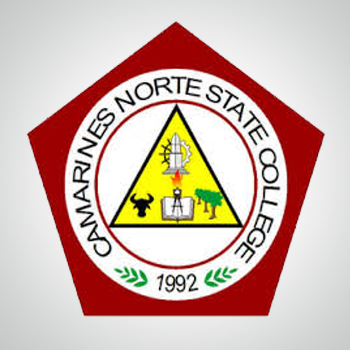
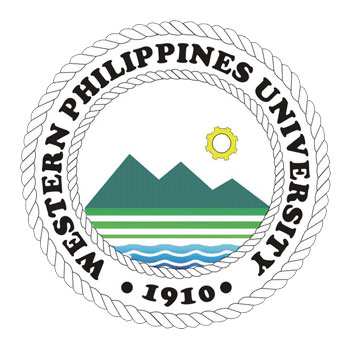
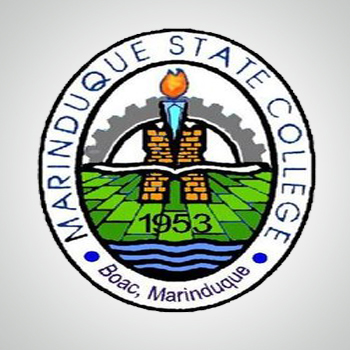
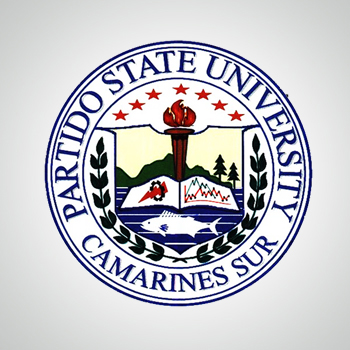
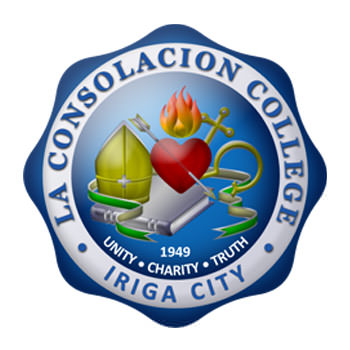
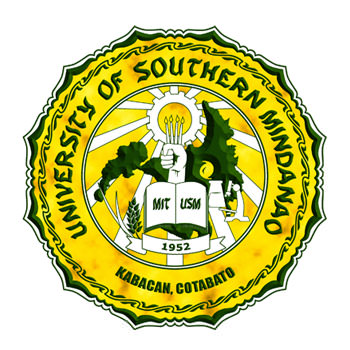
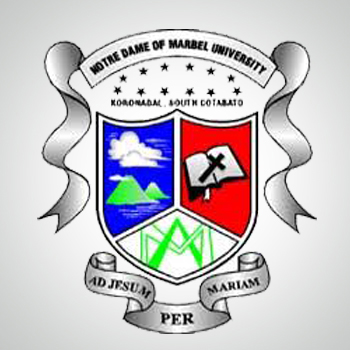
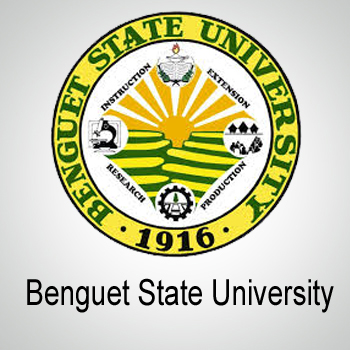




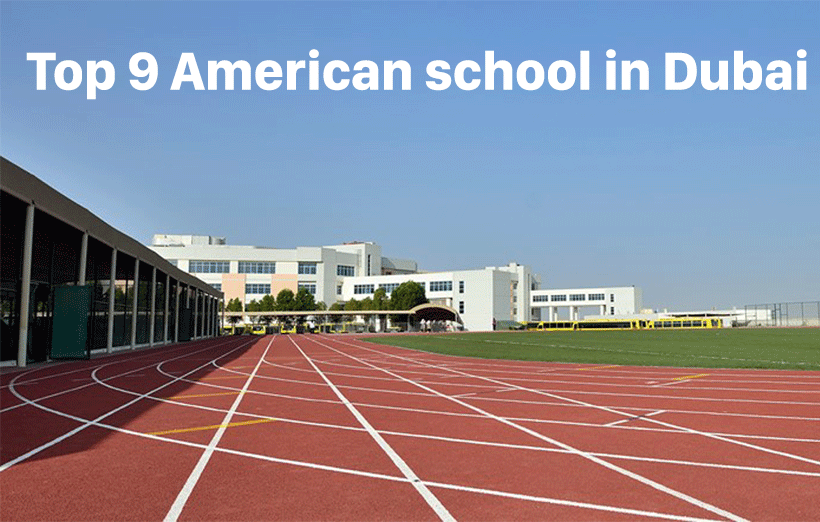




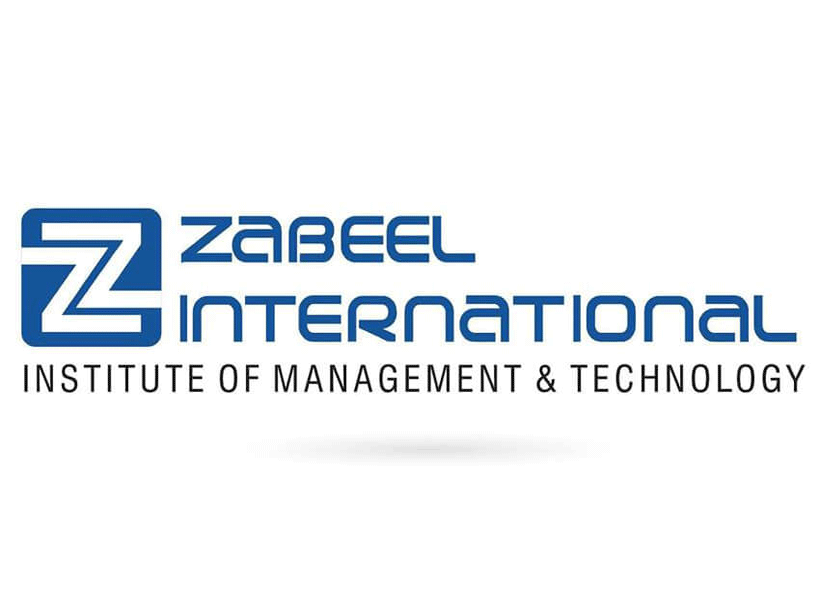
Leave a Reply